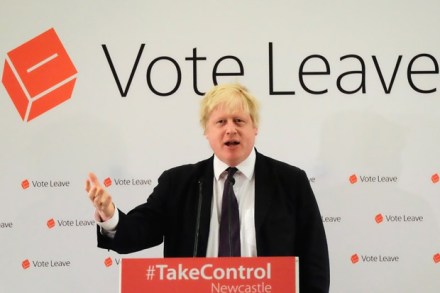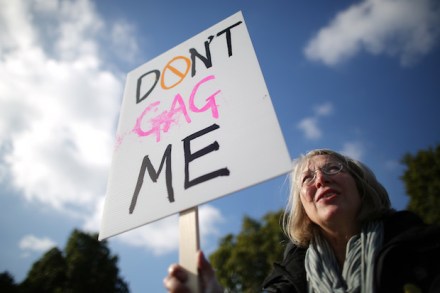These heartless Europhile snobs
One of the interesting features of the Brexit debate is that it has laid bare a schism in British society which runs much deeper than the conventional Labour-Conservative divide. On the one hand, we have the prosperous, educated elite, mainly based in cities and university towns, who are liberal on social issues, pro-immigration, believers in free trade and internationalist in outlook. On the other, we have the white working class, clustered in areas of economic stagnation, particularly seaside towns, who are socially conservative, anti-immigration, suspicious of free trade and staunchly nationalist. This isn’t a perfect summary. Dan Hannan, Boris Johnson and Michael Gove fall more naturally into the first category,



















